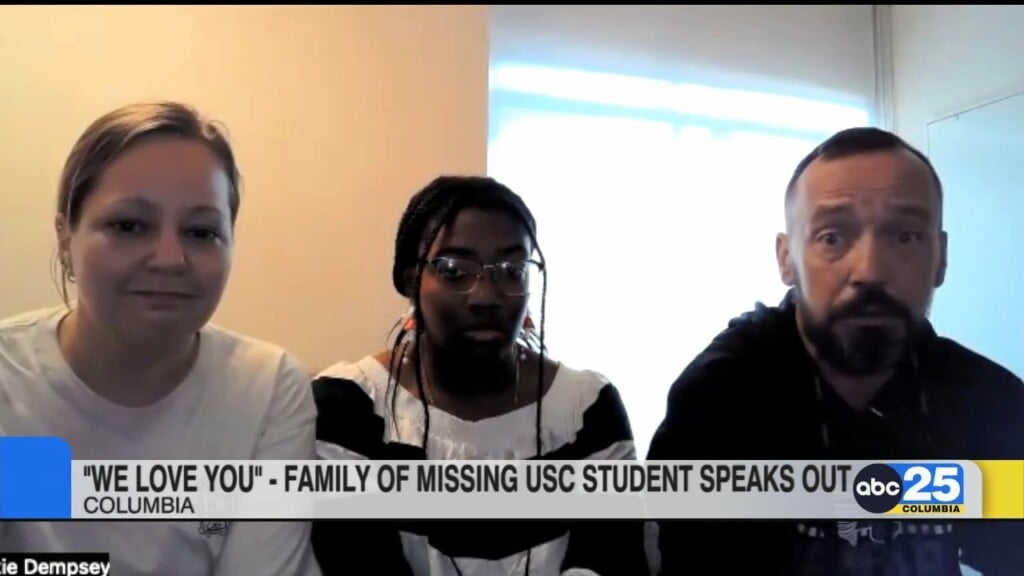Additional cases of West Nile Virus identified in SC
Columbia, SC (WOLO)– After a Charleston County woman was proven recently to be infected with West Nile, three more cases of the virus in humans have been confirmed in South Carolina, the state Department of Health and Environmental Control announced today. A spokesperson for DHEC says the cases were discovered in middle-aged men in Orangeburg, Lexington, and Richland Counties. The discovery brings the total number of cases in South Carolina to four. Experts say West Nile Virus is a disease found in birds transmitted to humans and animals through the bite of an infected mosquito. Mosquitoes become infected after feeding on infected birds. People bitten by an infected mosquito may become ill within two to 14 days with flu-like symptoms, including fever, headache, joint pain, muscle pain, and occasionally nausea and vomiting. Doctors say the most important step anyone can take to prevent West Nile virus infection is to protect against being bitten by a mosquito but recommends the following ways to protect yourself. Pay attention to the “four Ds” as the most effective ways to prevent WNV: one space· DEET – Apply insect repellent containing DEET, picaridin, oil of lemon, eucalyptus, or IR 3535 according to label instructions. Repellents help keep mosquitoes from biting. DEET can be used safely on infants and children 2 months of age and older. one space· DRESS – Wear clothing that reduces the risk of skin exposure. one space· DAWN AND DUSK – Exposure to mosquitoes is most common during the early morning and evening so it is important to wear repellent at that time. Make sure that your doors and windows have tight-fitting screens to keep out mosquitoes. one space· DRAIN – Mosquitoes lay their eggs on standing water. Eliminate all sources of standing water on your property, including flowerpots, old car tires, rain gutters and pet bowls. If you have a pond, use mosquito fish (available from your local mosquito and vector control agency) or commercially available products to eliminate mosquito larvae. For more information about WNV, visit http://www.scdhec.gov/environment/envhealth/pests/mosquitoes-wnv.htm and http://www.cdc.gov/ncidod/dvbid/westnile/index.htm.

